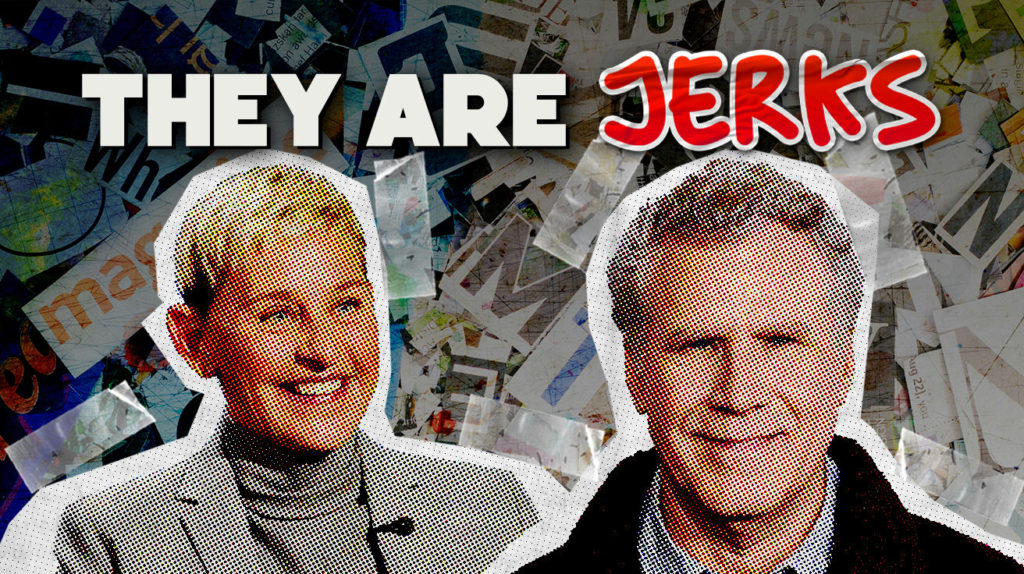
Celebrity smiles hide a shadow world where assistants scatter and waiters brace themselves. The image architects of Hollywood polish stars into gleaming icons, yet reality breaks through like weeds through concrete. These famous faces built fortunes on adoration while treating others as mere background extras. Their behavior reveals fame as perhaps the most potent personality warper in existence.
21. Adam Levine
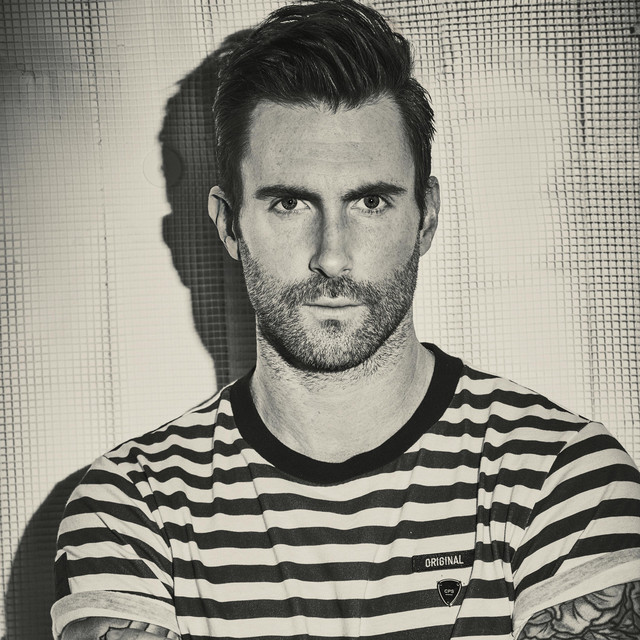
Maroon 5 frontman Adam Levine played the charismatic coach on The Voice until 2022, when multiple women revealed flirty messages he sent during his marriage to Behati Prinsloo. He acknowledged “crossing lines” while denying physical affairs, resembling a teenager caught passing notes in class.
His career barely flinched – Las Vegas residency and Ferrari partnerships continued without pause. On set, Levine reportedly unleashed unfiltered opinions that shocked his audience. The tattooed rockstar’s public image seems less fabricated than simply diluted for mass consumption, raising questions about fame’s ability to insulate bad behavior from consequences.
20. Lea Michele

With powerhouse vocals, Lea Michele soared on Glee while reportedly creating backstage turmoil. The façade cracked in 2020 when Samantha Ware exposed Michele’s alleged targeted harassment of Black colleagues, shocking fans who’d embraced her as a role model.
HelloFresh severed ties immediately. Her apology convinced few, landing with the sincerity of a studio backlot. Stories about her treatment of service staff reinforced a troubling pattern that tanked her career prospects. Michele’s downfall proves that talent withers under verified bad behavior, creating a cautionary tale more dramatic than any Glee storyline.
19. Russell Crowe
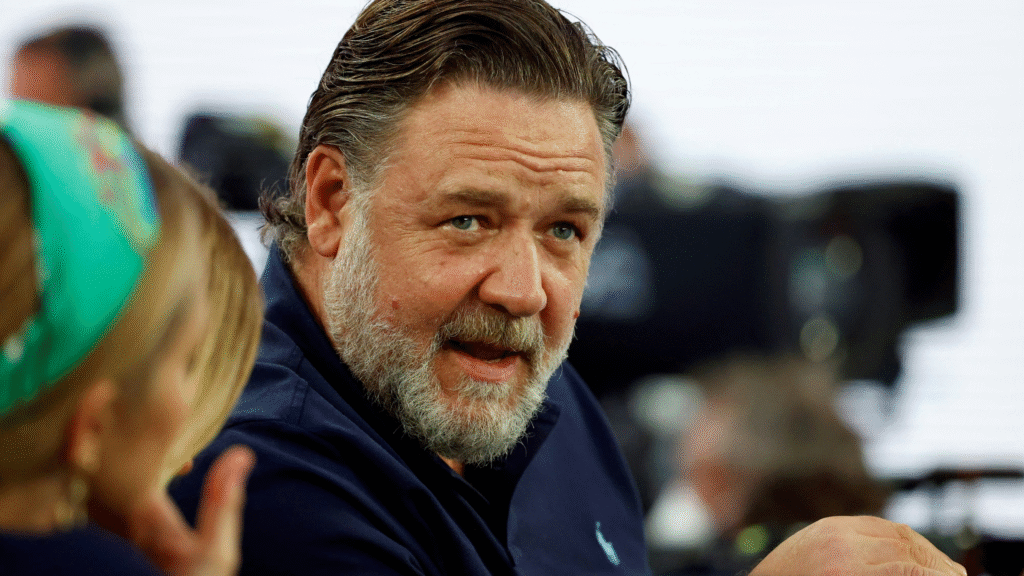
With Oscar-winning intensity, Russell Crowe commands screens while unleashing similar force in personal confrontations. His acting brilliance comes paired with a volcanic temper that erupted most publicly in 2005 when he threw a phone at a hotel employee, requiring legal intervention and reputation repair.
Studios approach him with the caution of bomb disposal experts. His feud with George Clooney and alleged predawn threats to a producer tarnished his standing in Hollywood’s risk assessment calculations. Few embody the “difficult genius” archetype more completely than Crowe – talented enough to keep working despite behavior that would sideline lesser stars.
18. Jesse James

Custom motorcycle builder Jesse James married America’s sweetheart Sandra Bullock before destroying both relationships with precision. His infidelities exploded publicly in 2010 when multiple women came forward. Rather than learning from this disaster, he promptly repeated it with Kat Von D.
The betrayal disrupted Bullock’s adoption process while his own reputation disintegrated. Monster Garage vanished from schedules as Bullock’s star rose higher, creating a stark lesson in consequences. James’ journey from celebrity entrepreneur to cautionary tale demonstrates how quickly poor judgment can incinerate years of success and goodwill.
17. Naomi Campbell

Revolutionizing runways as one of the first Black supermodels, Naomi Campbell built a parallel reputation for volatile behavior toward staff. Her groundbreaking career coexists awkwardly with four assault convictions that haven’t slowed her bookings, revealing fashion’s selective standards.
The phone-throwing incident with her maid made headlines worldwide yet barely dented her career trajectory. Eleven violence accusations highlight an uncomfortable truth – exceptional talent often creates immunity from consequences. Campbell’s legacy weaves together barrier-breaking achievements and boundary-crossing behavior in a complex tapestry that defies simple judgment.
16. Ben Stiller
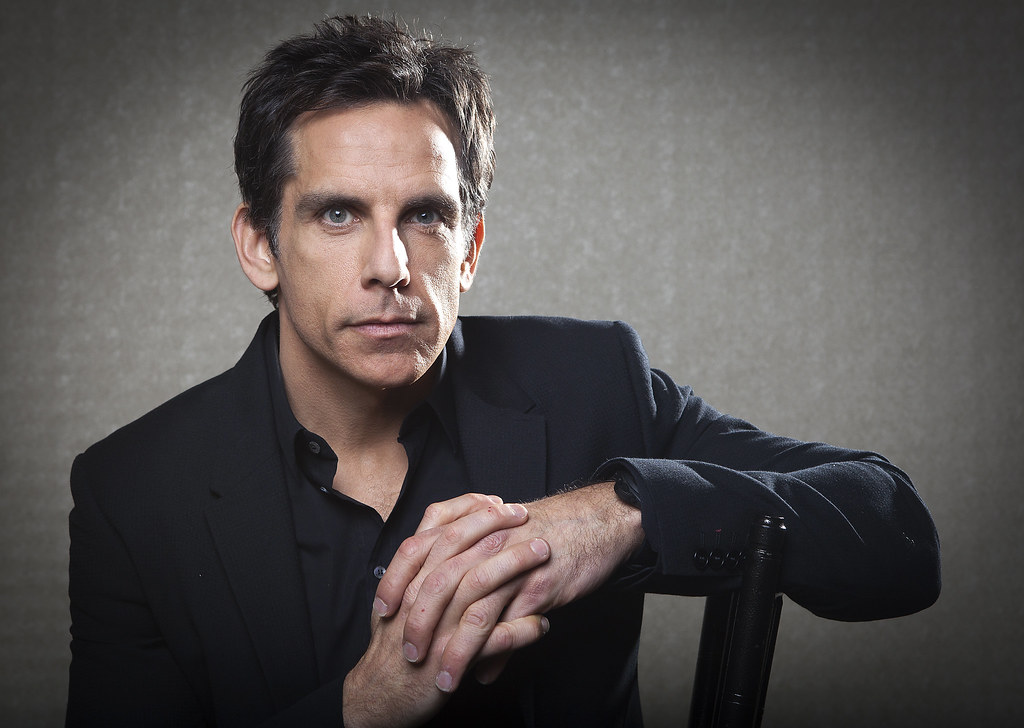
Creating worldwide laughter through films like Zoolander and Meet the Parents, Ben Stiller reportedly generates tension behind the scenes. His comedic genius contrasts with industry whispers about specific demands and perfectionism that create a vastly different atmosphere than his lovable characters suggest.
This duality persists without affecting his commercial appeal. The striking disconnects between Stiller’s hilarious creations and reported temperament raises a central question about creative industries – must audiences separate the art from the artist? His continuing success suggests moviegoers primarily judge the final product rather than the production process.
15. Oprah Winfrey
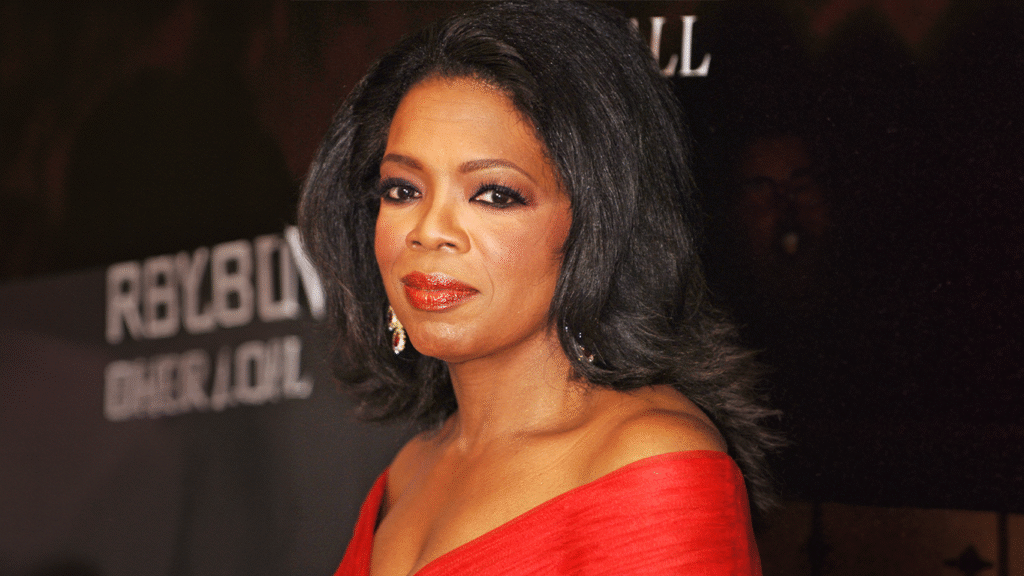
Building an empire on warmth and wisdom, Oprah Winfrey faced backlash after the 2023 Maui wildfires when she invited average citizens to donate despite her billionaire status. The request struck many as tone-deaf, like a luxury car commercial during economic hardship.
Her platform’s promotion of pseudoscientific health claims raised experts’ concerns, while staff accounts describe demanding standards behind the scenes. Yet her ventures – OWN Network, magazines, partnerships – flourish unimpeded. Winfrey maintains cultural influence despite these contradictions, showing how goodwill empires can withstand credibility challenges when built on strong foundations.
14. Jared Leto
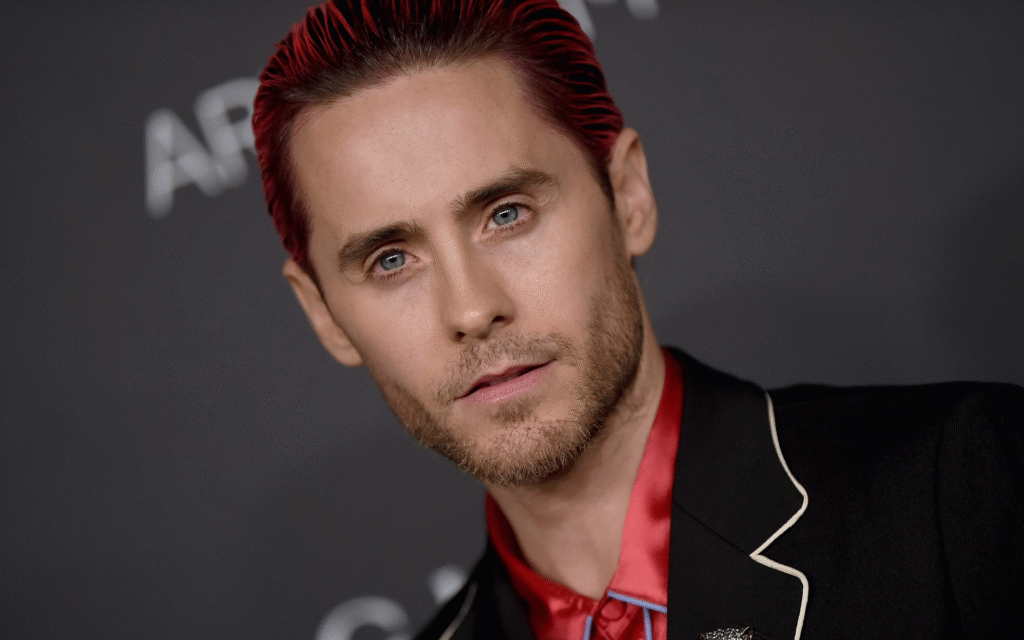
Method actor Jared Leto transforms completely for roles while reportedly creating uncomfortable environments for colleagues. During Suicide Squad production, he sent disturbing “presents” to castmates – crossing professional boundaries under the shield of artistic expression.
Fan encounters reportedly range from dismissive to hostile, yet directors still compete for his services. His talent apparently outweighs concerns about disruption in Hollywood’s risk calculations. Leto’s career demonstrates the industry’s complicated relationship with boundary-pushing personalities who deliver results despite concerning behavior.
13. Tobey Maguire

Swinging into hearts as Spider-Man, Tobey Maguire reportedly displays none of Peter Parker’s humility off-camera. Fans expecting their friendly neighborhood hero instead describe uncomfortable autograph encounters at odds with his heroic image.
Poker hostess Molly Bloom’s widely publicized account claims Maguire pressured her to bark like a seal for chips worth $11,000. His gambling revealed a competitive side completely absent from his superhero portrayal. The jarring contrast between Maguire’s beloved character and reported real-life conduct creates one of Hollywood’s most striking contradictions – a hero on screen, something quite different in person.
12. Rihanna
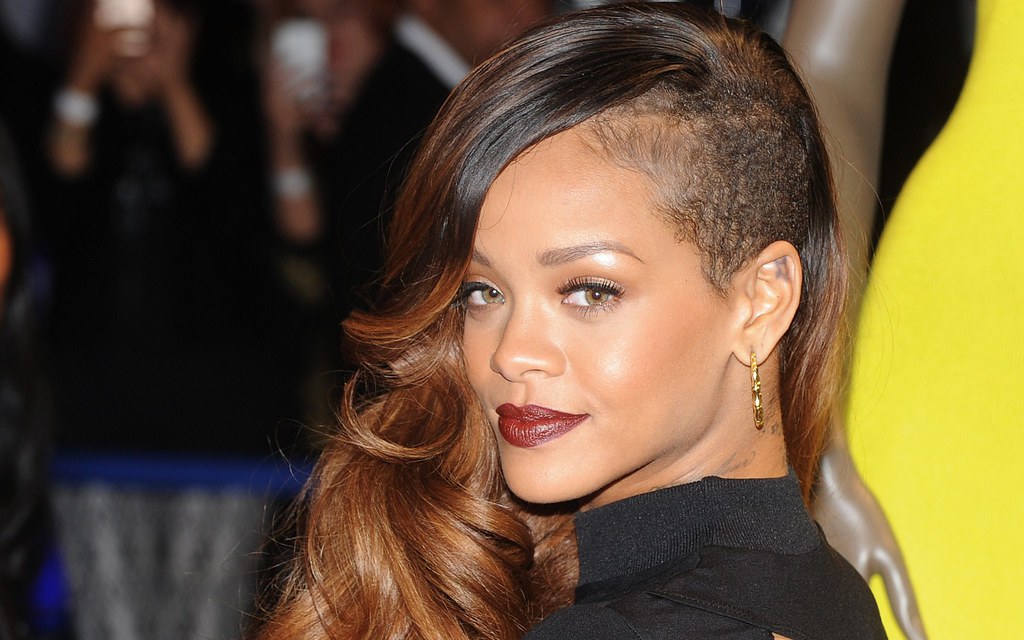
Dominating both music charts and business ventures, Rihanna changed the beauty industry while reportedly maintaining unusual staff protocols. Her Fenty empire thrives despite stories that would alarm HR departments about communication barriers with employees.
Her 2013 public criticism of a teenage fan on Twitter revealed an impulsive side at odds with her carefully cultivated image. Yet her business success continues unabated, proving that interpersonal warmth isn’t necessary for industry dominance. Rihanna’s trajectory confirms a harsh truth – results often matter more than relationships in celebrity culture.
11. Julia Roberts

Her story shows even the most tarnished star can polish their image with enough time and strategic goodwill, though some classic stars whose reputations didn’t survive serve as cautionary tales about the brutal side of fame.
What distinguishes Roberts? Unlike many peers, she engineered an effective image rehabilitation through philanthropy and improved professional relationships. Her evolution offers hope that tarnished reputations can be restored through genuine effort and changed behavior, providing Hollywood’s most compelling redemption arc.
10. Ellen DeGeneres
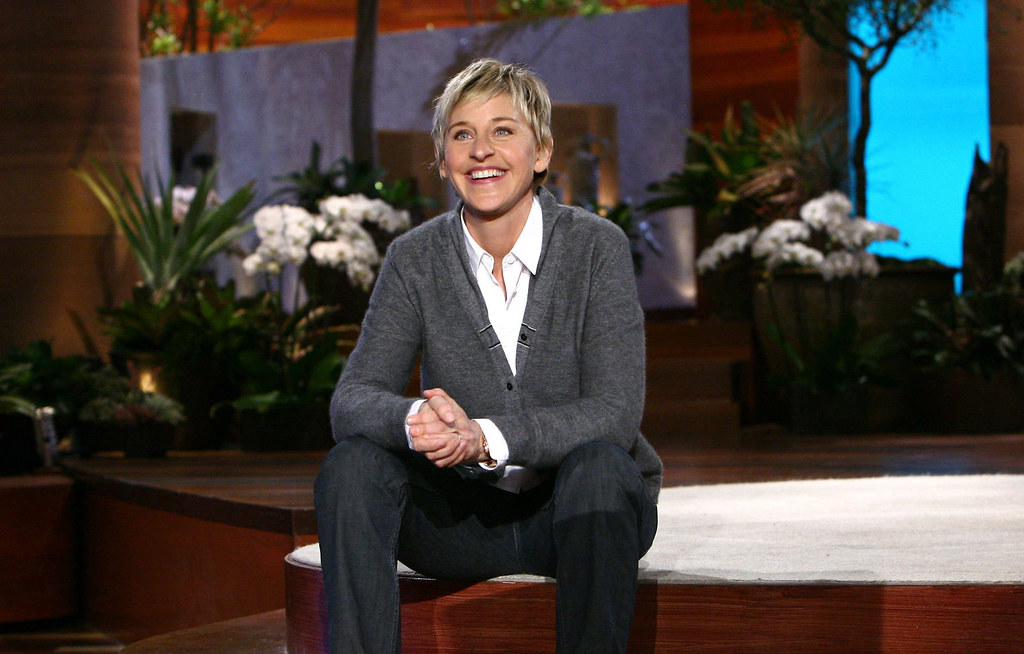
Building her brand on “be kind” messaging, Ellen DeGeneres faced allegations in 2020 that she fostered the opposite environment backstage. Former staff described workplace conditions where on-camera joy masked off-camera tension and fear over minor infractions.
Viewers abandoned her show as they processed the gap between her public persona and reported reality. The program’s cancellation teaches a fundamental entertainment lesson – authenticity matters more than cultivated images. DeGeneres’ fall illustrates how quickly decades of goodwill can evaporate when the curtain drops to reveal contradictory behavior.
9. James Corden

Winning American audiences with Carpool Karaoke, James Corden lost favor after reports of mistreating restaurant staff surfaced. A New York establishment banned him following incidents with employees, with the owner publicly labeling him their “most abusive customer.”
His subsequent apology tour failed to completely repair the damage. The stark difference between his cheerful television presence and reported restaurant behavior created a credibility crisis. Corden learned firsthand that social media has eliminated the barrier between public and private personas – especially regarding treatment of service workers.
8. Jennifer Lopez

Rising from the Bronx to global superstardom, Jennifer Lopez crafted an “I’m still Jenny from the Block” image while reportedly developing habits at odds with this narrative. Stories describe her using assistants as intermediaries with service staff, creating distance that contradicts her humble roots storyline.
Media accounts about her tipping practices and interactions with servers circulate persistently. Her empire thrives regardless, proving that image and reality need not align for commercial success. Lopez embodies celebrity’s fundamental contradiction – celebrating humble beginnings while reportedly adopting behavior that suggests leaving those roots far behind.
7. Kiefer Sutherland
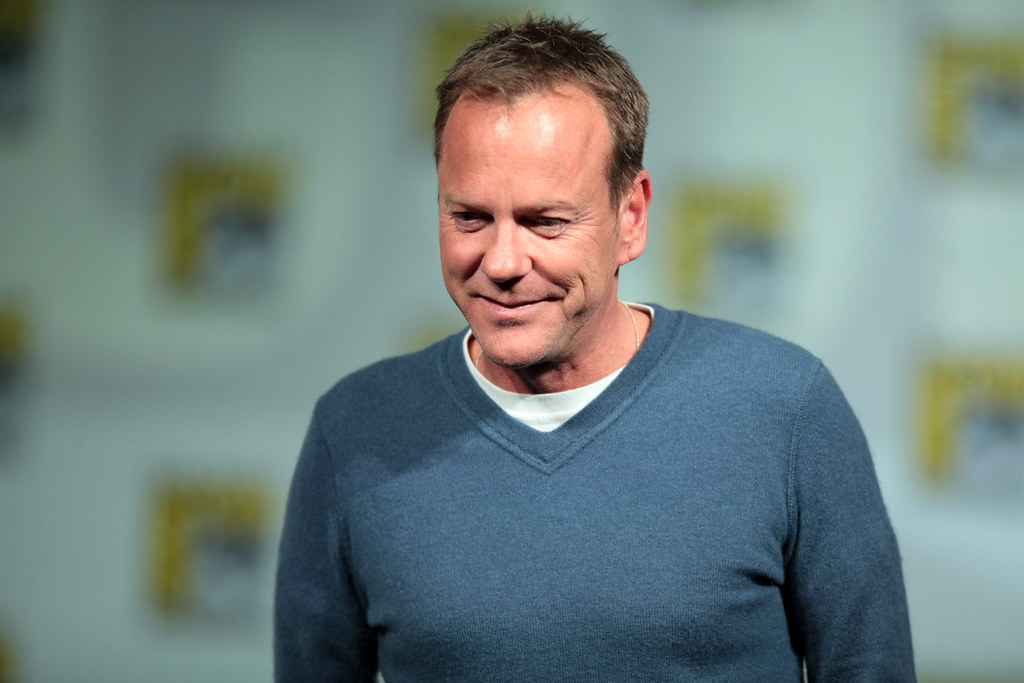
Fighting fictional terrorists on 24, Kiefer Sutherland battled real-world issues including multiple DUI arrests that culminated in jail time. His intensity extended beyond acting, with Freddie Prinze Jr. describing their work experience as so negative it nearly drove him from the profession entirely.
Despite these controversies, Sutherland’s career thrived, highlighting Hollywood’s pragmatic approach to problematic behavior when balanced against commercial appeal. His Emmy-winning work demonstrates the industry’s willingness to separate on-screen performance from off-camera conduct when profits remain strong.
6. Will Ferrell

Creating uncontrollable laughter through characters in Anchorman and Elf, Will Ferrell reportedly maintains serious composure away from cameras. The contrast between his outlandish roles and accounts of his reserved personal demeanor creates cognitive dissonance for fans discovering the difference.
Industry sources describe someone markedly different from his comedic creations. This disconnect challenges assumptions about performers embodying qualities similar to their memorable characters. Ferrell’s approach suggests comedy genius can operate in compartmentalized form – activated for filming but absent in many personal interactions.
5. Jamie Foxx
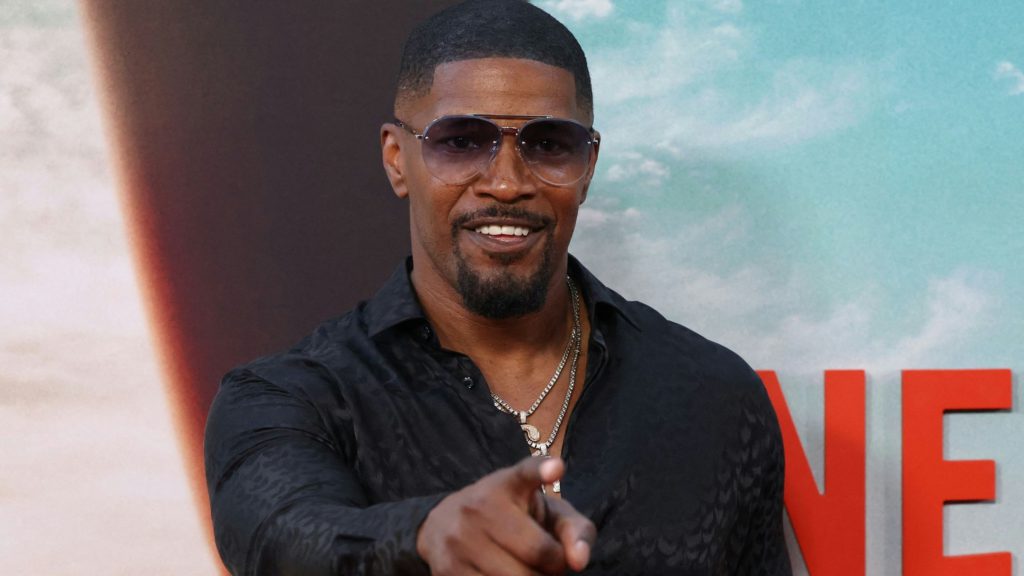
Oscar winner Jamie Foxx masters multiple entertainment disciplines while reportedly struggling with interpersonal dynamics. Tommy Davidson’s accounts describe competitive behavior more appropriate for rivalries than professional collaboration.
Stories about uncomfortable work environments contradict Foxx’s humble public statements. His remarkable talent becomes partly overshadowed by these reports, like a championship performance marred by poor sportsmanship. Foxx raises an uncomfortable question – how much does behavior toward colleagues matter when the resulting art connects powerfully with audiences?
4. Megan Fox

Rising to fame with Transformers, Megan Fox sabotaged her trajectory by comparing director Michael Bay to Hitler in 2009. This comment transformed her career prospects faster than the robots in her franchise could change form. Steven Spielberg reportedly requested her removal, proving that even Hollywood’s most beautiful stars face consequences for crossing powerful directors.
Crew members publicly criticized her professional conduct in an open letter that spread industry-wide. Her career suffered dramatic reversal before gradually rebuilding through independent projects. Fox’s experience provides the clearest lesson about professional boundaries – burning bridges creates damage that even exceptional talent struggles to overcome.
3. Jesse Eisenberg

Portraying Mark Zuckerberg’s abrasive personality with precision, Jesse Eisenberg displayed similar energy during press obligations. His 2013 interaction with reporter Romina Puga became instantly notorious, unfolding with uncomfortable tension that contradicted his careful performances.
Public perception shifted against him immediately. The reputation for difficult media appearances continues affecting his career despite acting prowess. His experience illustrates social media’s amplification effect – transforming a single awkward interview into a permanent reputation feature that overshadows years of skilled creative work.
2. David Boreanaz
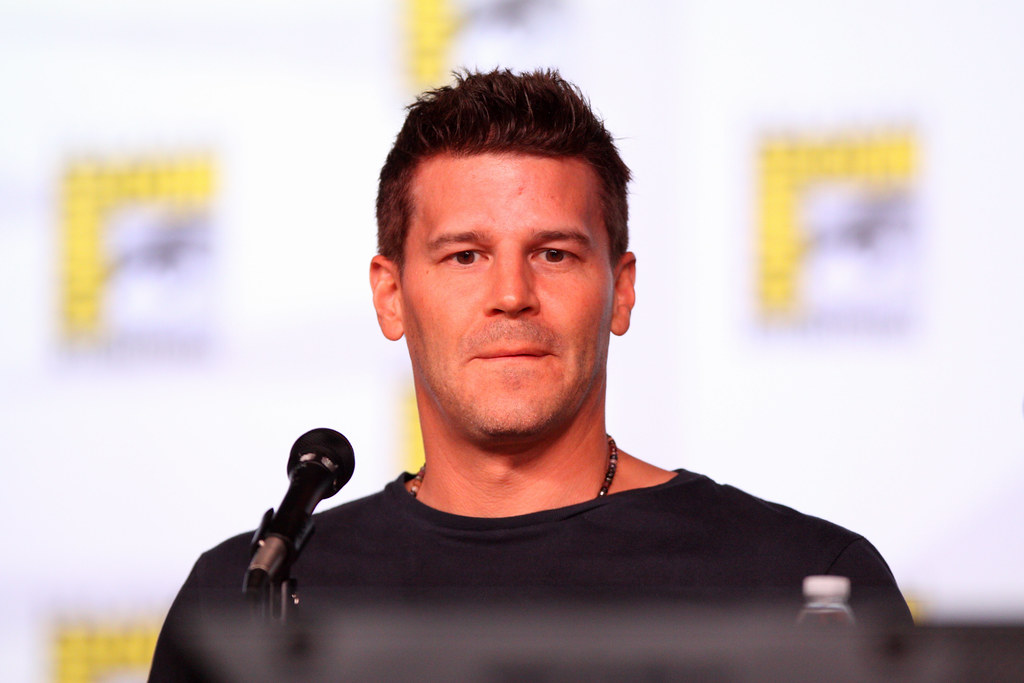
Hunting supernatural threats on Buffy and Angel, David Boreanaz reportedly created workplace problems for colleagues. His brooding on-screen charm contrasts with accounts of unprofessional behavior that resulted in a sexual harassment lawsuit settled quickly and quietly.
Reports about infidelity during his wife’s pregnancy damaged his public image without derailing his television career. His uninterrupted success demonstrates the industry’s ability to separate performance from personal conduct. Boreanaz exemplifies television’s most persistent pattern – viewership numbers typically outweigh character concerns in renewal decisions.
1. Christian Bale
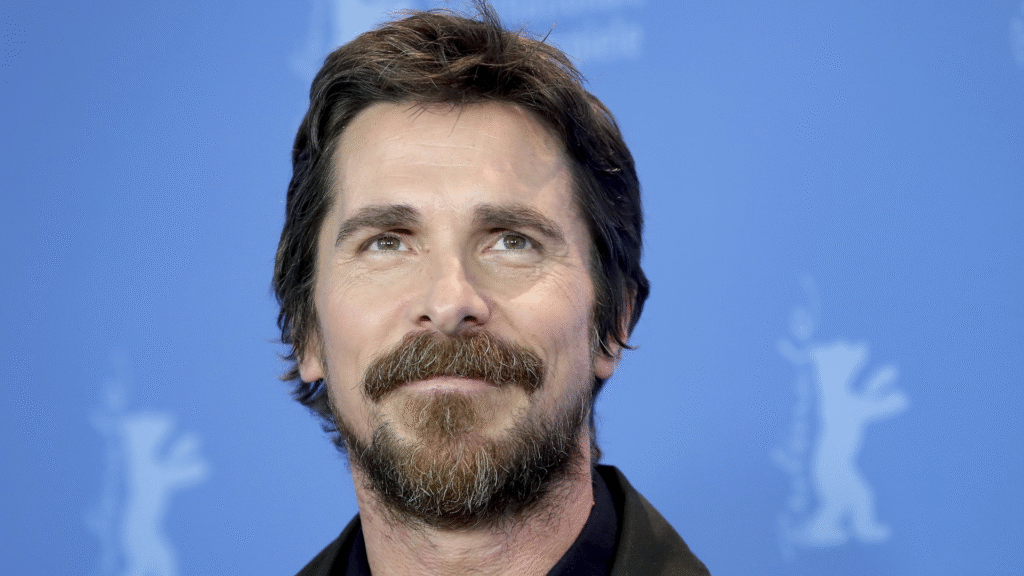
Inhabiting characters with unmatched intensity, Christian Bale occasionally directed similar force toward crew members. His notorious 2009 Terminator Salvation tirade leaked as audio evidence of rage beneath the professional façade, shocking fans who knew him only through performances.
Unlike many peers, Bale took responsibility with genuine remorse rather than damage control tactics. His career flourished afterward, securing prestigious roles that showcased his range. Bale demonstrates that even significant missteps can be overcome through accountability rather than denial – offering a rare example of growth following public misconduct in an industry where image often matters more than integrity.





















